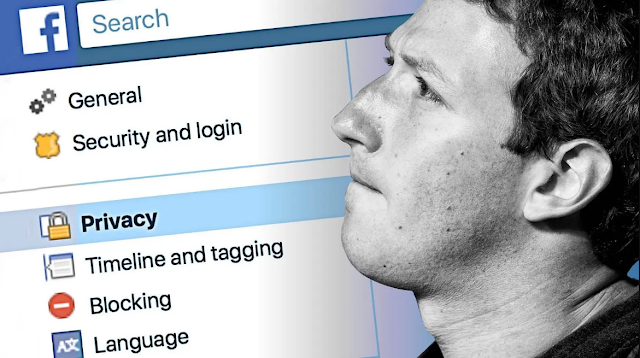Why is Facebook afraid of the new privacy feature in iOS 14?
It is no secret that the upcoming changes that Apple is planning to introduce in the version of the operating system iOS 14, which is to require application developers to request user permission before they can collect data or track them while they use applications, may greatly affect many companies specifically Facebook.
Likewise, Facebook did not negatively hide the impact of these changes on its business model, as it launched a strong public relations campaign through advertisements in newspapers and launched a new website to oppose these changes, claiming that Apple would pose a threat to both small companies and the open internet, in addition to the CEO of the company. Facebook, Mark Zuckerberg, directly targeting Apple and harming the company, and multiple statements mentioning that Apple was engaging in anti-competitive practices.
Although this overt war between the two companies is understood to be in the field of protecting users' privacy and reducing tracking in general, which Apple wants to reduce, while Facebook directly benefits from tracking users to achieve its profits, many experts have stated that this is not the real reason.
Where we find that the new privacy feature that Apple plans to include in the version of the operating system iOS 14 will not prevent application developers and advertising companies from tracking users permanently, and it does not conflict with the personalized advertising market model.
As the new feature provides an option for users to allow developers to track them explicitly, meaning if you want to share everything you do online with Facebook, this will be your choice and Apple will not stop you from making this choice, as the developer can still collect IDFA data for a purpose of targeting you with ads or track conversions from websites you visit.
But all that Apple will ask from application developers is to be transparent about the data they want to collect and how they want to use it, and then they have to ask users' permission to track them in order to collect this data, and this is the essence of the real conflict between the two companies, which is why Facebook is so concerned that it did not try to hide it.
So, why is Facebook afraid of the new privacy feature in iOS 14?
The problem with Facebook is that the new privacy feature in the operating system iOS 14 offers an explicit second option for users that they can use to stop app developers from tracking them. Facebook fears that the option to disallow tracking will be the first choice for most users. Data analysis company AppsFlyer estimates that nearly half of users - 47% - will likely choose not to let apps track them.
This is the little secret that Facebook prefers not to talk about, as Facebook does not want users in particular to think completely about tracking technologies, tools, and everything related to them, and it certainly does not want users to be given the option not to track because it will directly harm its business model.
But Facebook's transparency problem is not only related to users, as tracking not only allows users to be targeted with ads based on their online activity, but also allows advertisers to identify users who came to their sites and made a purchase because of one of these ads.
For example: If you click on an advertisement that you find in front of you about shoes and then buy them after going to the website that posted the ad, this allows this site or seller to know that you came from the website or advertising platform on which he posted his paid ad, and this is very important because It allows advertisers to track conversions and justify the money they spend on ads on advertising platforms such as Facebook.
Hence, if Facebook cannot track users, advertisers will not be able to use IDFA data to match your purchases with the ad that they clicked on, and this makes Facebook ads platform much less valuable. If you are an advertiser and have such data withheld from you, you may choose to spend your ad money on another ad platform such as Google ads.
This is the secret that Facebook does not want to admit publicly, as of course it will not lose users of its applications overnight - especially since it is completely free - but its basic business model will be severely damaged with the expected escape of most advertisers from its advertising platform to another ad platform where the cost of conversion is similar, but they can track it better to help plan well for their ad campaigns.








Post a Comment
0 Comments